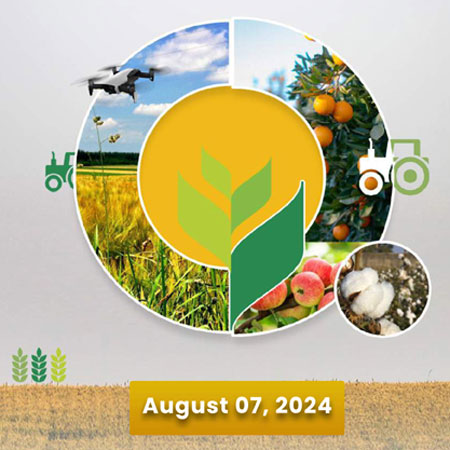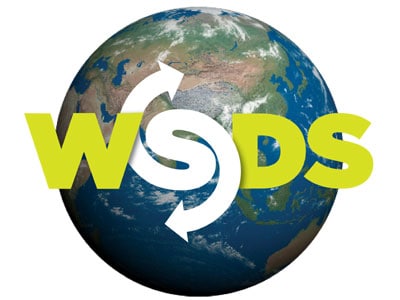
With the ongoing 29th Conference of the Parties (COP29) in Baku, Azerbaijan, the world stands at a pivotal moment. The planet just experienced its hottest summer on record, and 2024 is on track to be the warmest year in history, surpassing even 2023. Against this alarming backdrop, COP29 is a critical opportunity for global leaders to accelerate climate action and lay the foundation for a more sustainable future.
The UN Climate Change Secretary has acknowledged the “very steep mountain to climb” to achieve the ambitious outcomes needed from this conference. COP29, is a crucial juncture that could either accelerate or decelerate global efforts to tackle climate change. With the world falling behind its climate goals, this summit presents an opportunity to reinforce climate adaptation and ensure the necessary resources are secured for both adaptation and mitigation.
One core focus of COP29 is creating a comprehensive climate finance mechanism that supports vulnerable and developing economies. The challenge is to move beyond pledges and establish frameworks that allow countries to pursue climate action without jeopardising financial stability. Developing nations are increasingly vulnerable to climate disasters, and they require accessible, affordable financing. This year’s COP agenda includes the ‘new collective quantified goal’ (NCQG) for climate finance starting in 2025, which is expected to broaden the scope of climate finance and accelerate funding for climate solutions.
Mobilising the private sector is a key part of this conversation, especially as it relates to the Loss and Damage Fund. This fund aims to support countries most affected by climate disasters, but without strong private sector involvement, the funding gap remains too large. COP29 is an opportunity to adopt more inclusive and systematic approaches that can unlock greater financial support and bring vulnerable nations closer to their climate goals.
Digitalisation will also be a critical topic at COP29, with a dedicated day focusing on science, technology, and innovation. The potential for technology to accelerate climate goals is immense. From artificial intelligence to big data and IoT, the technological ecosystem can help improve resource management, boost climate monitoring, and speed up the transition to renewable energy. These innovations could revolutionise how we approach the climate crisis, making the path to sustainability clearer and faster.
Health and biodiversity, too, are gaining traction at COP29, marking a more holistic approach to climate action. The climate crisis impacts not only the environment but also global health and ecosystems. These elements, often overlooked, are now recognised as integral to the broader climate discussion.
For the global apparel industry, COP29 is especially important. The fashion industry accounts for around 10% of the world’s carbon emissions and is the second-largest consumer of water, producing 20% of global water waste. Indian apparel manufacturers, like those in many other countries, are expecting clear guidelines and incentives that will help them transition toward more sustainable practices.
One of the key expectations from COP29 is a roadmap for decarbonising the apparel industry. Manufacturers are looking for policies that promote the use of cleaner energy, energy-efficient technologies in factories, and the adoption of circular practices. Moreover, financial and technical support mechanisms stemming out from COP29 will be essential to making these shifts economically viable, especially for industries in developing countries that often face limited access to affordable capital.
The apparel sector is also hopeful that COP29 will push for better water management practices. This includes incentivising advanced water recycling technologies, which could drastically reduce the industry’s environmental footprint. For Indian manufacturers, adopting sustainable water practices is not just a necessity but a competitive advantage in a world increasingly focused on sustainability.
As COP29 approaches, there is a sense of urgency—but also hope. The 2024 conference represents a critical moment to move beyond promises and deliver real, actionable solutions. Whether it’s accelerating climate finance, leveraging technology for climate goals, or providing the support industries need to transition to sustainable practices, COP29 can shape the future of global climate action.
In a world increasingly aware of the consequences of inaction, COP29 offers a chance to steer the course toward a healthier planet. If world leaders seize this moment, we can lay the groundwork for lasting, positive change. The path ahead is challenging, but with collective will, innovation, and support, a more sustainable future is within reach.











